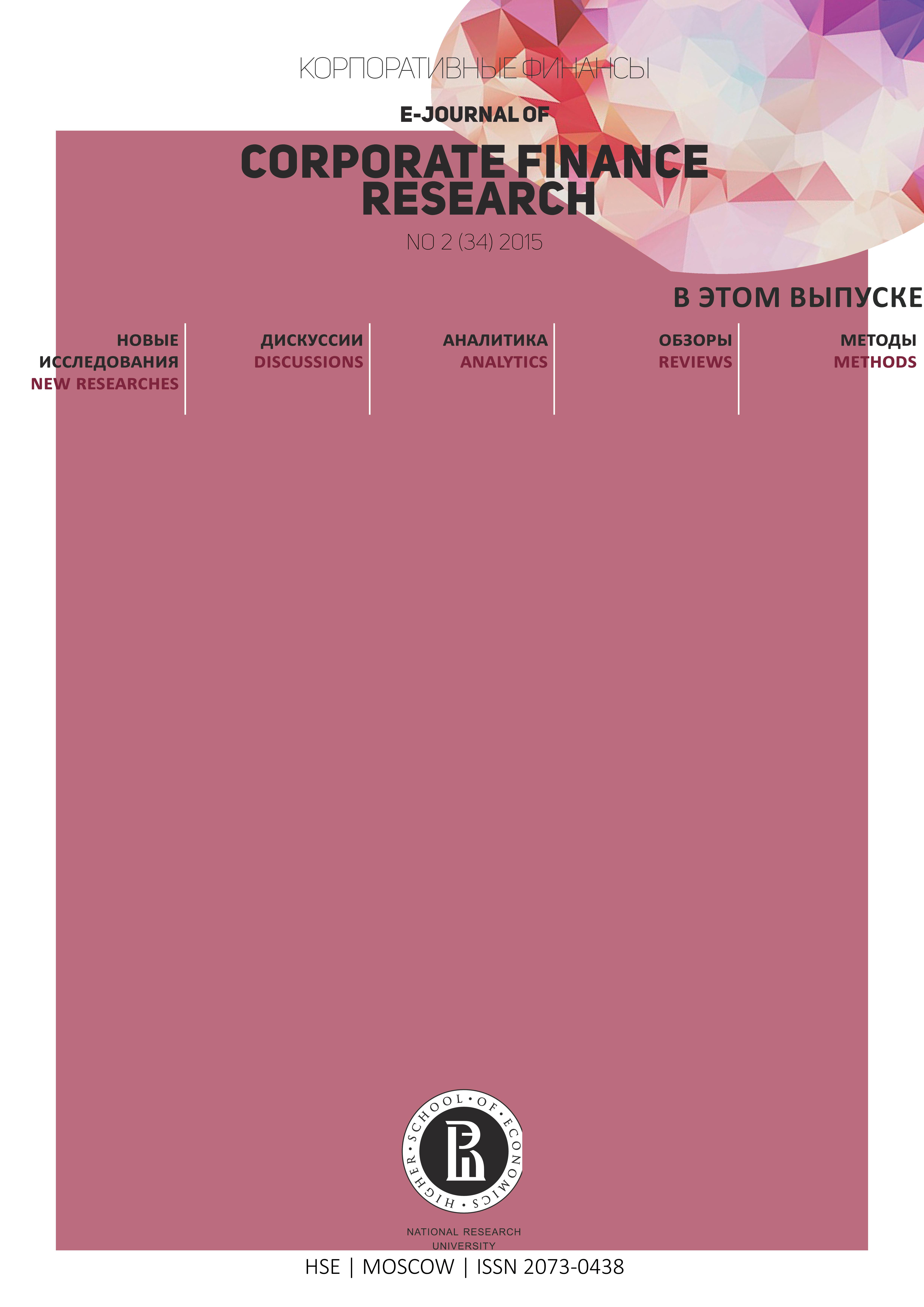The impact of financial leverage on firm performance: evidence from Russia.
Abstract
Evgeny Valeryevich Ilyukhin - Chair of Economics, Management and Informatics, Institute of Aviation Technologies and Management of Ulyanovsk State Technical University. E-mail: evgeny.ilyukhin@gmail.com
The relationship between financial leverage and firm performance is studied in this paper. Financial leverage can positively influence firm performance because leverage can be treated as a tool for disciplining management. As such a positive relationship between financial leverage and firm performance is expected based on the agency cost theory. However it is not always applicable to the firms with too high portion of debt. It is because high indebtedness may lead to significant financial limitations and that influences firm performance negatively. A ratio of firm debt to total assets is used as financial leverage measure while return on assets, return on equity and operating margin are employed as firm performance measures. The results for a large sample of Russian joint-stock companies over the period 2004-2013 years show that the impact of financial leverage on Russian firms’ performance has been negative. It can be explained by ineffective corporate control of Russian market, debt attracting difficulties, high growth potential and high interest rates for financing through debt. The findings are robust to using different measures of firm performance, checking sub-samples and time clusters and employing alternative estimation approach. The results thus support pecking-order theory but are not consistent with trade-off or free-cash-flow theories.

